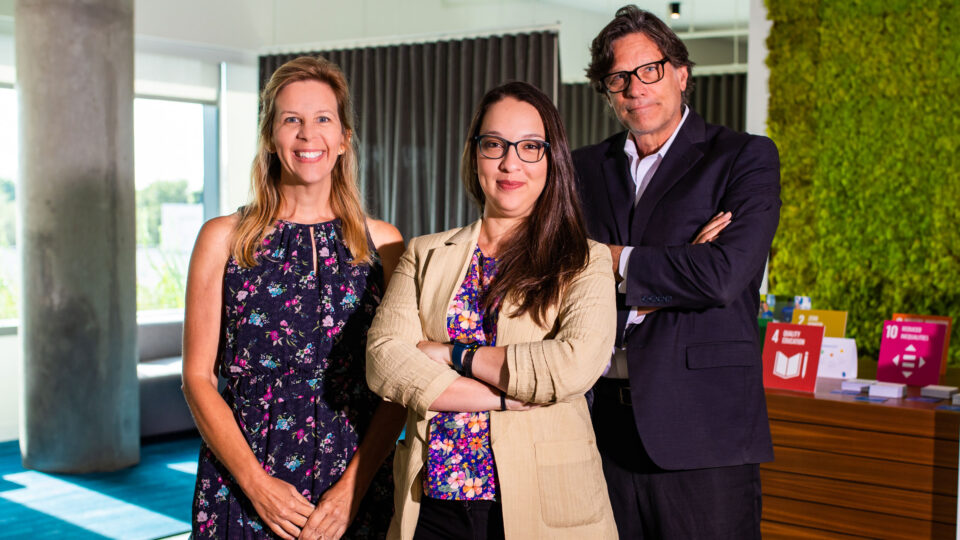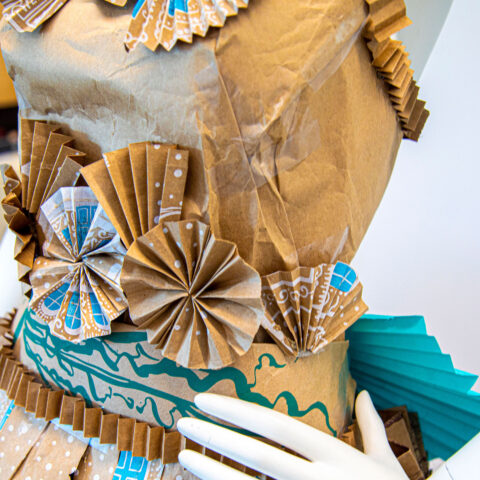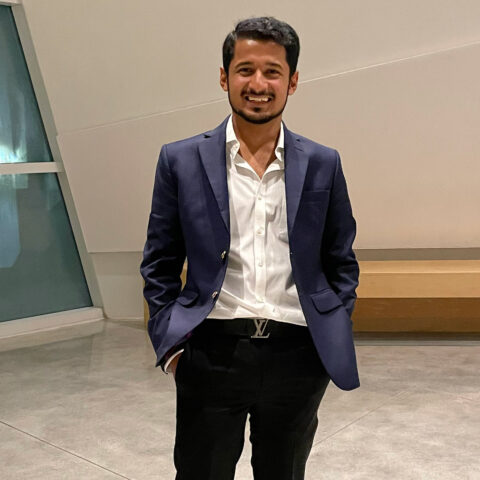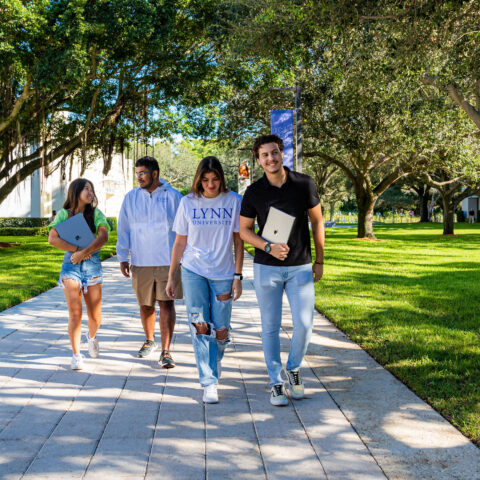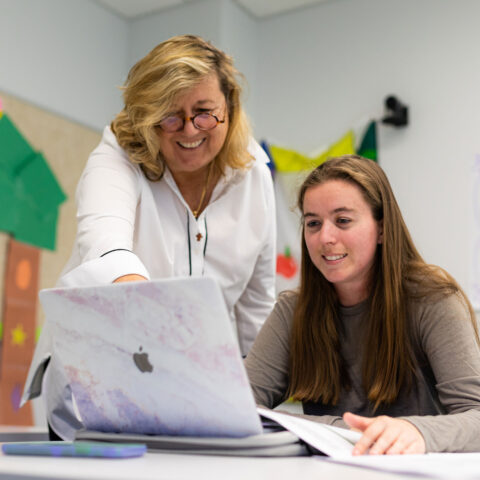Making a positive impact locally and globally has always been a top priority for Lynn University. Dating back to 1962, commitment to community was a driving force for the university's founders. They led by their faith-based and universal goals—to work together and improve the lives of the citizens in Boca Raton, Florida, and beyond.
Today, the university continues to provide students the tools, knowledge and experiences they need to create lasting change. Lynn created the Social Impact Lab in 2017 to help students leverage the power of business for good. The lab is designed for students to experiment, engage and involve themselves in socially minded projects.
The Social Impact Lab is predicated on five core pillars.
Students learn five core pillars through academic programming, internship opportunities and activities to promote a well-balanced lifestyle and prepare them for an impactful career.
- Experiential learning
- Continued community engagement
- Interdisciplinary academic collaboration
- Personal development
- Professional development
During their time in the Social Impact Lab, students are taught to not only look at a company's bottom line but to also think about social and environmental impact. "Our students are beginning their careers in a world that needs social responsibility," Regueiro said. "It's our job as facilitators to help them understand how they can help make a difference for the future."
Looking forward
Today, the Social Impact Lab has expanded its mission of educating changemakers by merging several community-focused programs into one space. While continuing to offer its existing programs, the lab now incorporates the Citizenship Project, the Sustainability Committee and Project Civitas.
"It's important for us to continue the legacy of inclusivity and civility our founders started," said Vice President for Academic Affairs Katrina Carter-Tellison. "These programs are complementary, yet provide value in unique ways. The integration of these areas creates more opportunities for faculty and staff to work together and for students to learn across the university."
The reorganization is an achievement toward the Lynn 2025 strategic plan, which identifies social impact as a priority. The plan also calls to expand Lynn's social entrepreneurship curriculum through a collaboration with Watson Institute.
This year, the 3-year bachelor's degree program was renamed "social impact and entrepreneurship" to better match its curriculum—teaching impact measurement, leadership and design thinking. Additionally, students complete fieldwork with local companies throughout their time at Lynn.
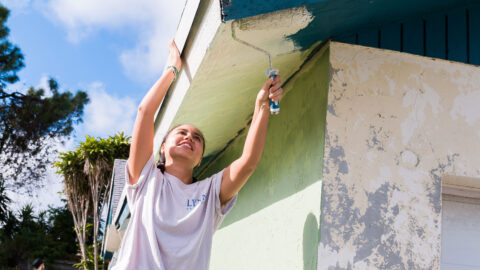
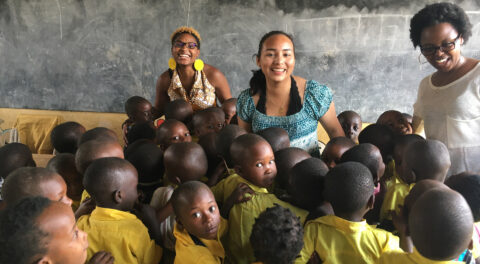
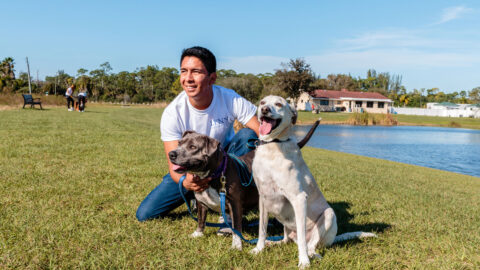
As the lab's director, Regueiro is tasked with helping students find their purpose and passion through both academic programming and experiential learning. She'll continue to work with faculty members and Watson leadership to ensure the curriculum aligns with Lynn's mission and strategic goals.
"We're overjoyed to have Antonella lead the charge in cultivating the next generation of academic leaders and difference makers throughout the university," said Carter-Tellison. "Her focus is to help student-creators succeed in their entrepreneurial journey, while also meeting university goals."
In addition, the lab's recent restructuring bolsters the United Nations Sustainable Development Goals (SDGs), a shared blueprint for peace and prosperity for people and the planet.
In 2022, Lynn was measured against other universities in four key indicators: research, stewardship, outreach and teaching. The institution was recognized by Times Higher Education for its long-standing commitment to the SDGs. It was the first time the university made the list.
"We were honored to be recognized and included," said Carter-Tellison. "The recognition empowers us to reach even higher in years to come."
It's an exciting time for students who are ready for stewardship. With the programs and partnerships established through the Social Impact Lab, they can now conceptualize, participate in and measure their impact toward the SDGs.
Working together
With the reorganization of the Social Impact Lab, faculty and staff are working together to provide philanthropic programs that encompass citizenship, civility and sustainability. Now more than ever, impact leaders are well-equipped to help students tackle social, economic and environmental issues.
The Social Impact Lab is also home to coworking spaces for companies and organizations dedicated to sustainability and civility. The coworking space serves as an oasis for organizations to do good work on Lynn's campus. Organizations interested in a coworking space must have a social impact bottom line and engage with students through internships, workshops and classroom speaking engagements.
"With community and social consciousness at the forefront of the university's mission, we're so proud that the Social Impact Lab is providing a place where students and our community can help make the world a better place," said Regueiro.
